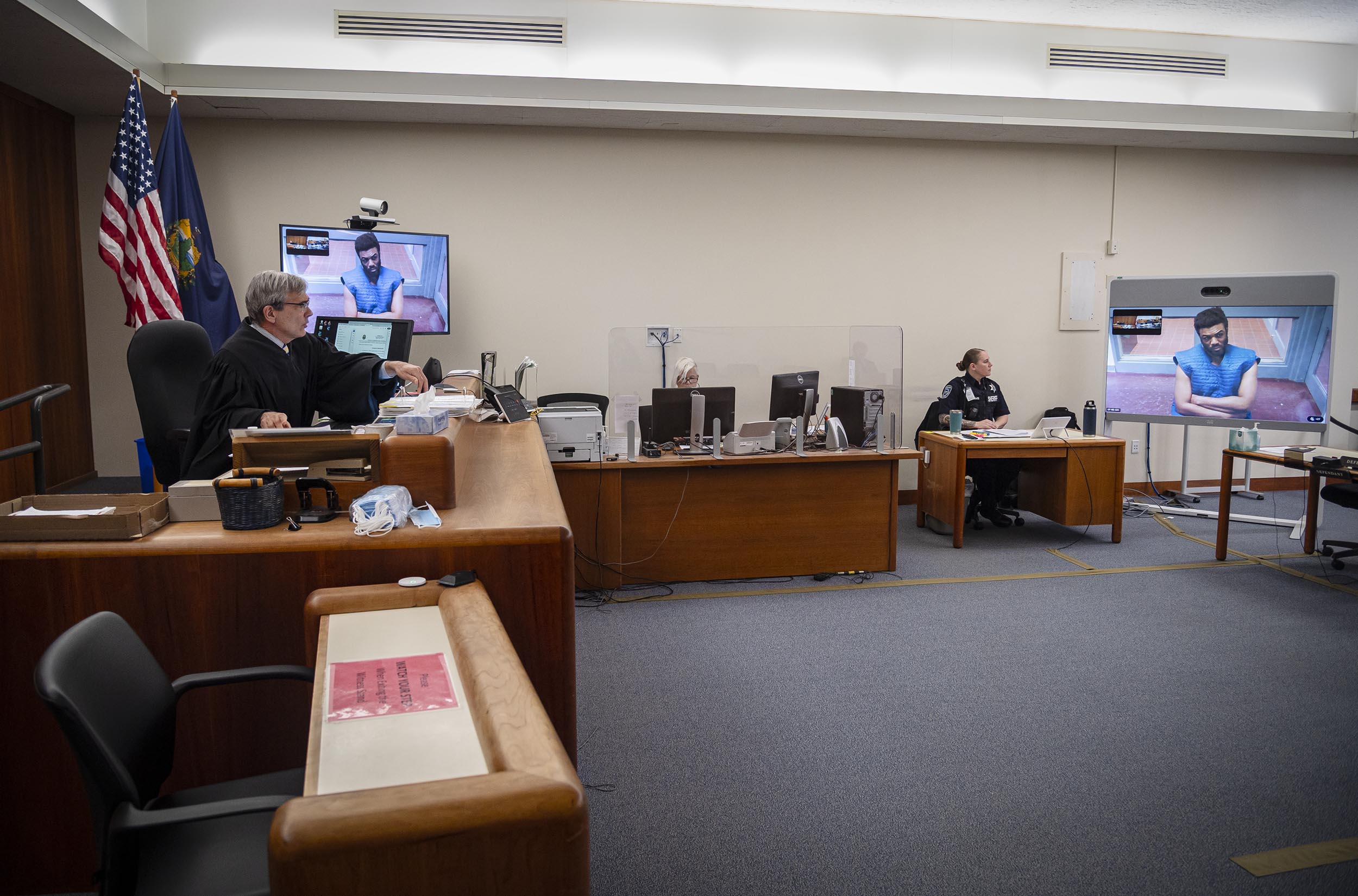Tragic Silence: Mental Health Agency's Missed Calls Preceded Deadly Double Homicide

In a tragic case that highlights potential gaps in mental health support, a recent lawsuit reveals that Mary Gomes desperately sought help in the days leading up to her fatal incident in Montpelier. Court documents allege that Gomes made multiple urgent calls to Washington County Mental Health Services, pleading for an in-person visit, only to be turned away by a staff member.
The lawsuit suggests that these critical interactions could have been a pivotal moment in preventing the subsequent tragedy. By declining Gomes's request for a personal consultation, the mental health service may have missed an opportunity to provide crucial intervention and support during what was clearly a challenging time for the individual.
This legal action brings to light important questions about the responsiveness and accessibility of mental health services, particularly in moments of acute personal crisis. The case underscores the potential consequences of overlooking or dismissing urgent mental health requests and calls for a closer examination of how such services respond to individuals seeking help.
